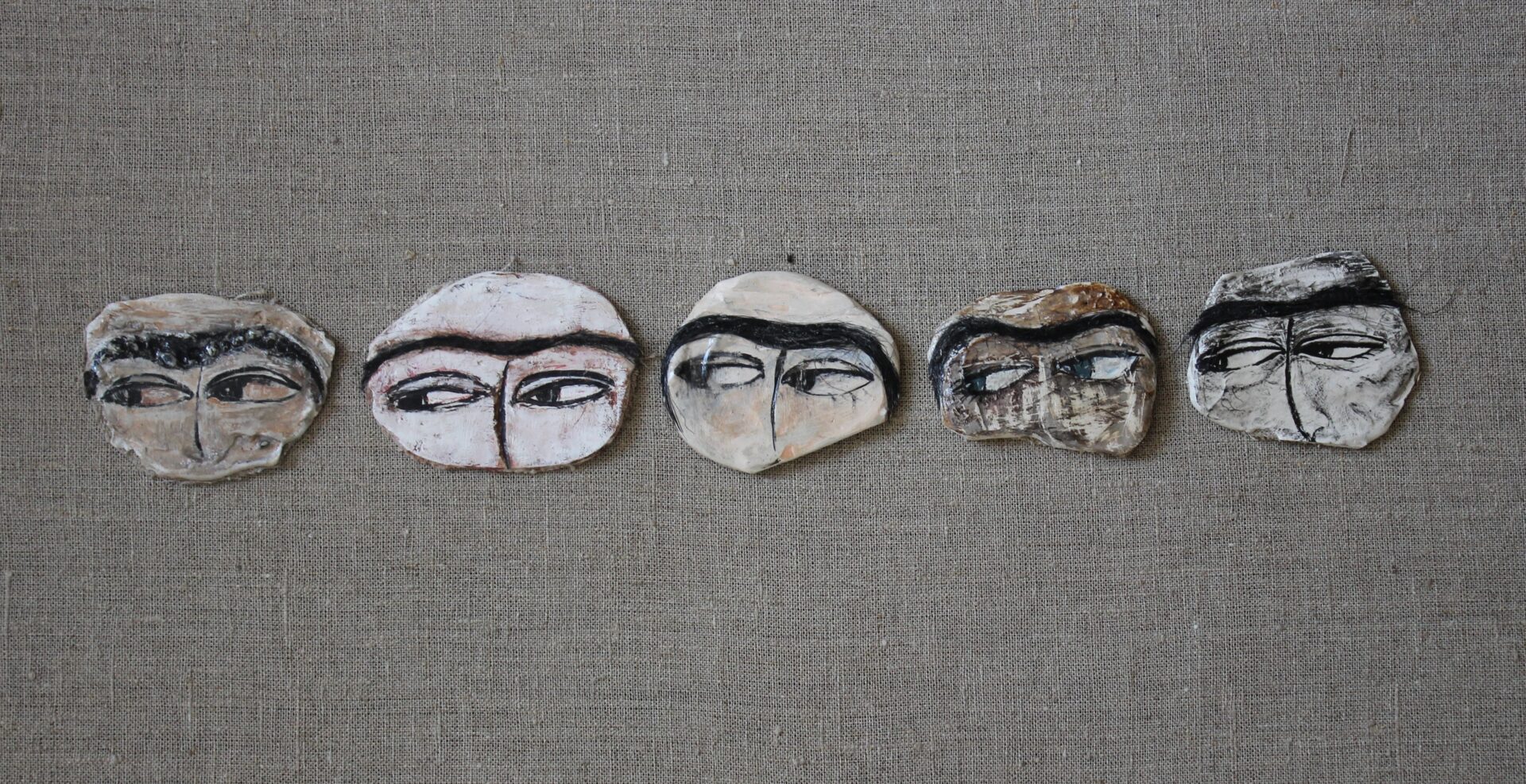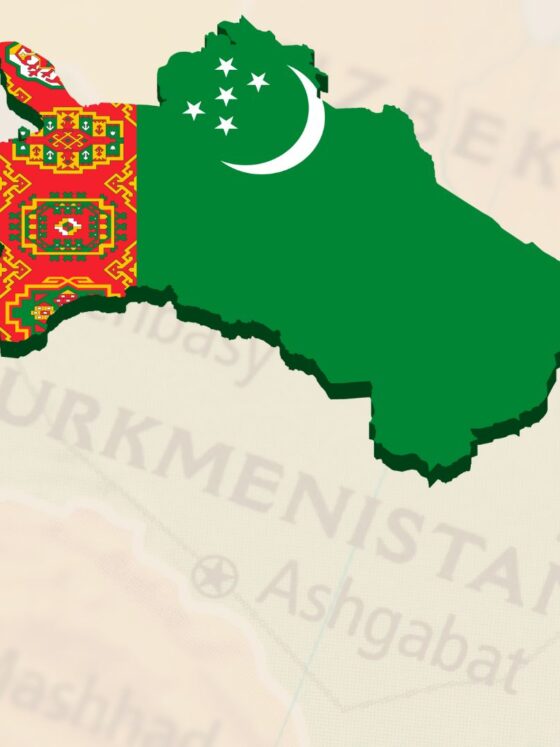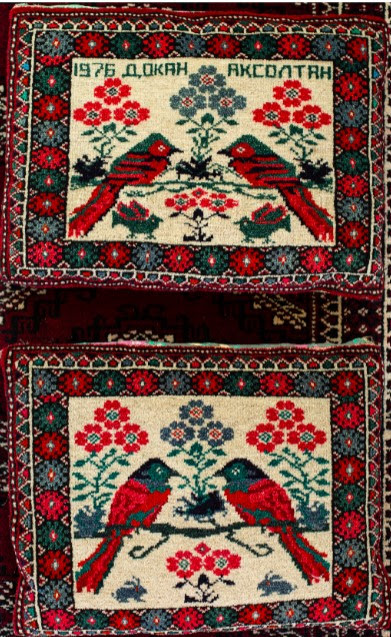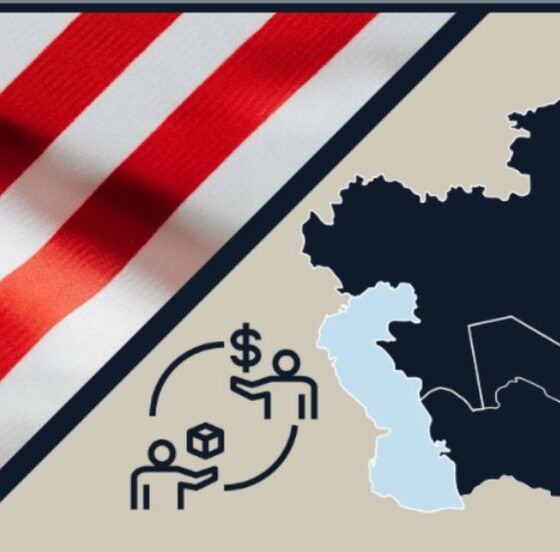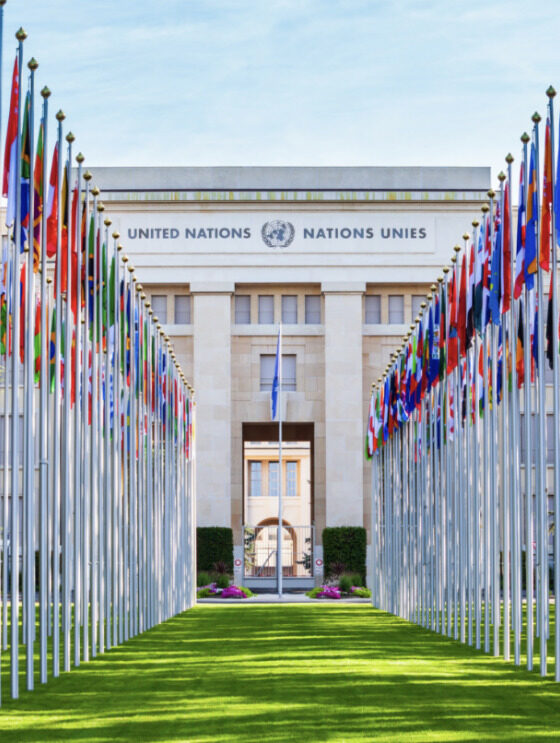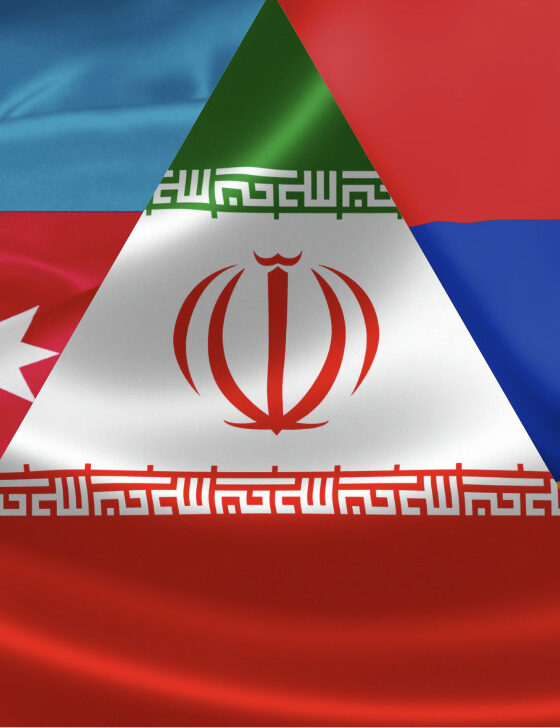Virtual Roundtable
December 12, 2023 @ 10:00 am – 11:30 am EST
Researching Central Asia can be interesting, entertaining, life-changing, traumatizing and, at the very least, thought provoking. The way we, Central Asians and Central Asianists, experience the region differs, but it certainly impacts our lives in a multitude of small and not-so-small ways.
Based on first-hand personal and professional experiences of Central Asia experts coming from both inside and outside the region, the book contributes to a much-needed global conversation on identity, positionality, knowledge production, and the intricate interplay between researchers’ values and principles and the pressures of the job. Written for scholars still in the planning stages of their research, it addresses key questions, including:
- How shall we problematize and reconceptualize the concept of positionality through lenses of local voices from the region?
- How does practitioners’ and scholars’ positionality contribute to their experiences of inclusion, exclusion, and access to the field?
- How do scholars navigate issues of personal safety and mental well-being in the more closely monitored societies of Central Asia?
This roundtable provides an opportunity to learn more about the book and engage in a conversation about doing research in and on Central Asia. The speakers include contributors from both Central Asia and Western countries, who will discuss how their subjectivity and positionality shape how they are received in the region, which, in turn, influences how they write about and disseminate their research.
SPEAKERS
Dr. Jasmin Dall’Agnola is a postdoctoral Visiting Scholar at the George Washington University’s Elliott School of International Affairs Institute for European, Russian and Eurasian Studies. She holds a Ph.D. in Politics and International Relations from Oxford Brookes University. Her research focuses on the relationship between technology, surveillance and governance in authoritarian societies. Her research has been published in numerous peer-reviewed academic journals, including Europe-Asia Studies, Central Asian Affairs, Surveillance & Society and Central Asian Survey. She is the Editor for short content for Central Asian Survey.
Dr. Aijan Sharshenova is the executive director at Crossroads Central Asia (Kyrgyzstan) and a research fellow at the Foreign Policy Centre (UK). She holds a PhD in Politics awarded at the University of Leeds. Aijan has recently completed a postdoctoral fellowship at the OSCE Academy in Bishkek, where she researched Russian policies in Central Asia. Aijan has published extensively on Central Asia’s relations with the EU, Russia and China, as well as on domestic Kyrgyz politics. In addition to her academic career, Aijan has worked in the international development area, including the UN system in the Middle East.
Dr. Aziz Elmuradov is a research associate at the Department of Politics and Society at the Faculty of Sociology at Bielefeld University. His research interests include the post-Soviet politics against the background of East/West paradigm, political and historical sociology of autocratic politics in Central Asia. Aziz Elmuradov is coordinator of the postdoctoral fellowship program “Institutional Change and Social Practice. Research on the Political System, the Economy and Society in Central Asia and the Caucasus” funded by the Volkswagen Foundation.
Alexa Kurmanov is a doctoral candidate in the Anthropology Department at the University of California, Berkeley. Broadly their research focuses on LGBT and feminist activism in Kyrgyzstan through the lens of Black feminist theorization and methods of intersectionality. In particular, they explore the ways in which the category of “woman” in (post)socialist/(post)colonial Kyrgyzstan is reconstructed by state and public discourse. Furthermore, how the category of woman cuts through class, race, and space and how local LGBT and feminist communities navigate, contest, and rearticulate notions of gender and sex in the everyday.
MODERATOR
Sebastien Peyrouse is Director of the Central Asia Program and Research Professor, IERES, The George Washington University. His main areas of expertise are political systems in Central Asia, economic and social issues, Islam and religious minorities, and Central Asia’s geopolitical positioning toward China, India, and South Asia.
Artwork by Guzel Zakirat

